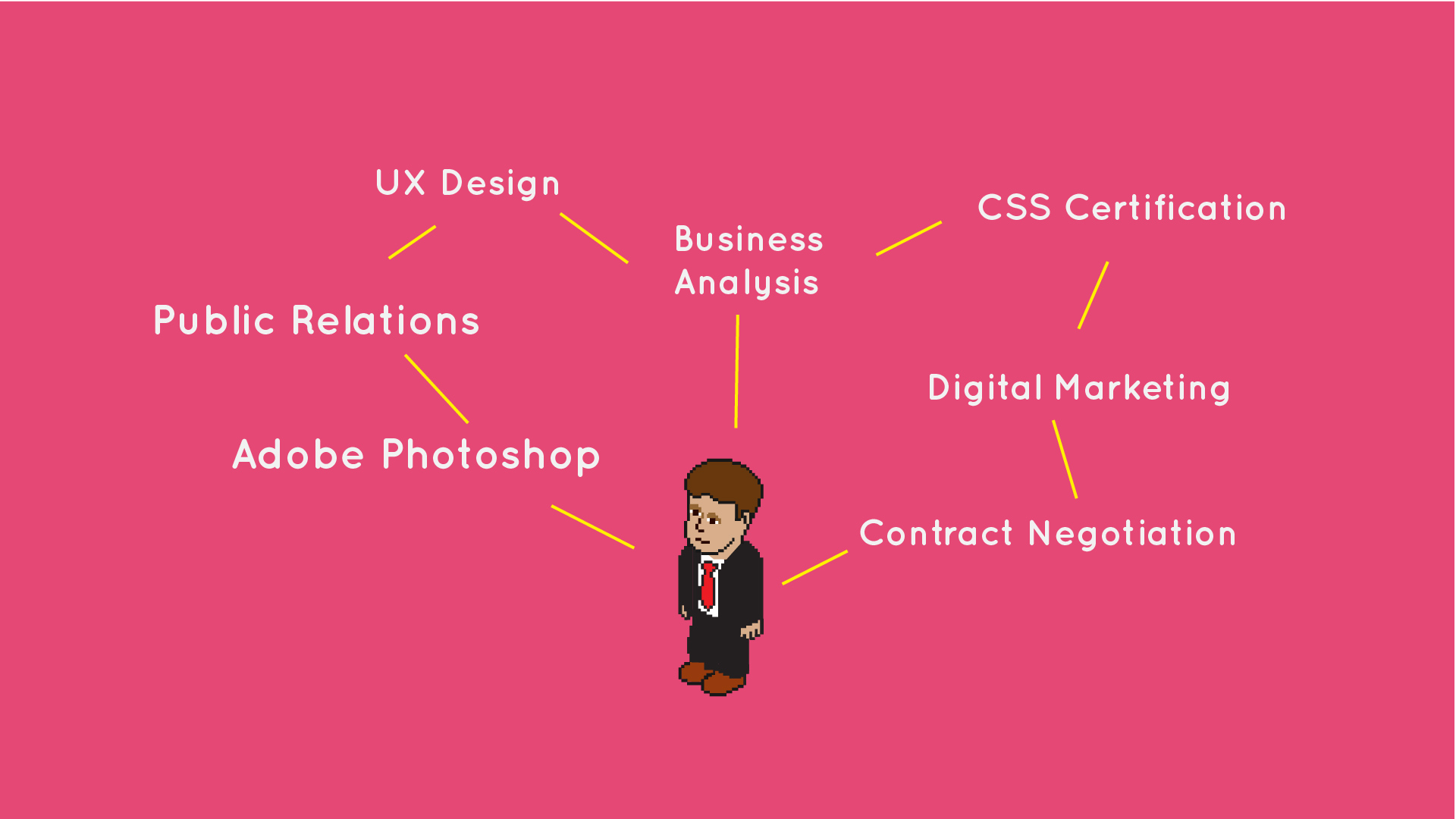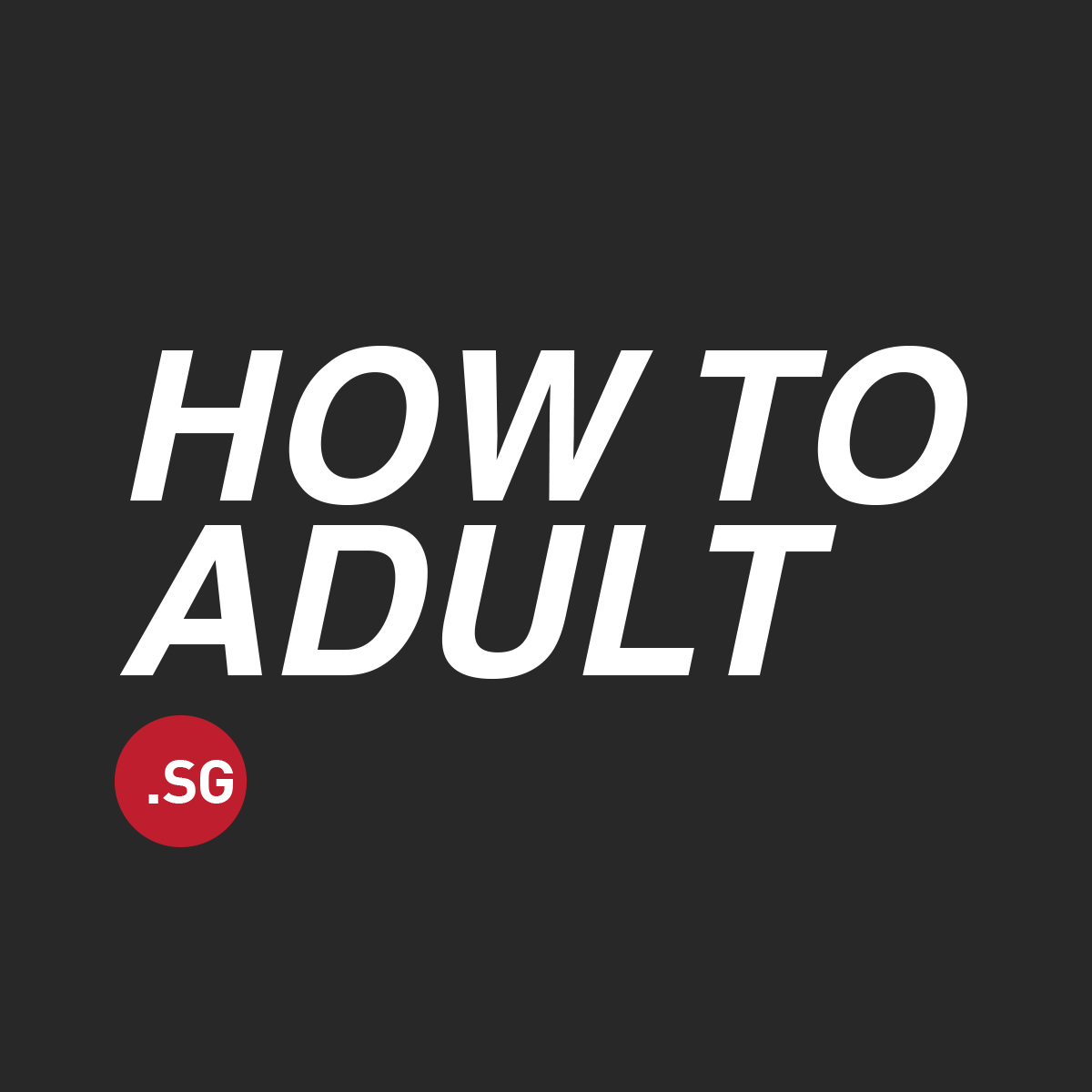“Work for about 2 years and then look for a new company,” that’s one of the most common pieces of advice given to people early in their career. If you are looking to gain varied experiences and advance your career, job-hopping might be the way to go. In fact, a survey by Indeed suggests that 1 in 6 Singaporeans feel that “job-hopping has helped further their careers, learn new skills and be more adaptable.”
The promise of new skills, increased pay and varied experiences sounds great unless you are an employer. According to Monster, employee turnover is one of the biggest expenses a company bears. Hiring someone who’s not intending to stay for the long haul can feel a lot like a bad bet for employers. From the same survey by Indeed,
90% of employers surveyed don’t have a good impression of job-hoppers. Some have even denied interviews simply based on a history of job-hopping.
So how do we navigate a landscape where job-hopping is both the fast track to career progress and a poor reputation? We sat down with Paul Wolfe, Head of Global Human Resources at Indeed, for some industry tips on how to job-hop without falling between the cracks.
Building a Personal Brand

“Your professional reputation is the biggest asset you’ll have in your career,” says Paul. The recruitment process doesn’t begin with your resume anymore. It is also your online presence and the impression that you left at previous jobs.
In a way, employers feel more assured when hiring a job-hopper when they know that past employers only had good things to say. That’s why it’s so important to end on a good note with your previous employer. Ensure that you give a solid handover so that the transition is seamless and try to stay in touch with your ex-colleagues.
Before you even step in for an interview, employers will probably have googled your name. Ensure that your public social media profiles are‘clean’ and as a bonus, try to get referrals from ex-colleagues on Linkedin.
Skill-Based Resume
While we have previously covered the more conventional formats when writing your resume, Paul suggests a format that highlights your skills rather than your duration at each stint. “For example, marketing experts can describe their capabilities by grouping them into categories such as marketing, digital communication and social media.”

Having a skill-based resume also allows you to zoom in on the job you are applying for and list only skills that are relevant to your employer.
Know Your Reasons

While you can’t always predict what questions will be asked during your interview, “Why did you leave your job after only X period” is one that job-hoppers are bound to face. So it only makes sense to know why you left and convince your prospective employer that it was a well thought-out decision.
It’s important to frame your reasons positively as it reflects on your attitude too. According to Paul, “If you left because your skill sets weren’t suited for your previous position, say something along the lines of ‘I felt my skills and abilities weren’t utilised to their fullest.’”
Job-hopping might be becoming more of a norm but the stigma is still real. To truly reap the benefits of job-hopping, you’ll need to plan ahead and create a narrative and reputation that will give future employers a peace of mind.
If you’re still trying to leave your job, here’s a quick guide to quitting.
For anything adulting, follow us on facebook and instagram and write in to us at hello@howtoadult.sg if you have any topics you want us to cover!


